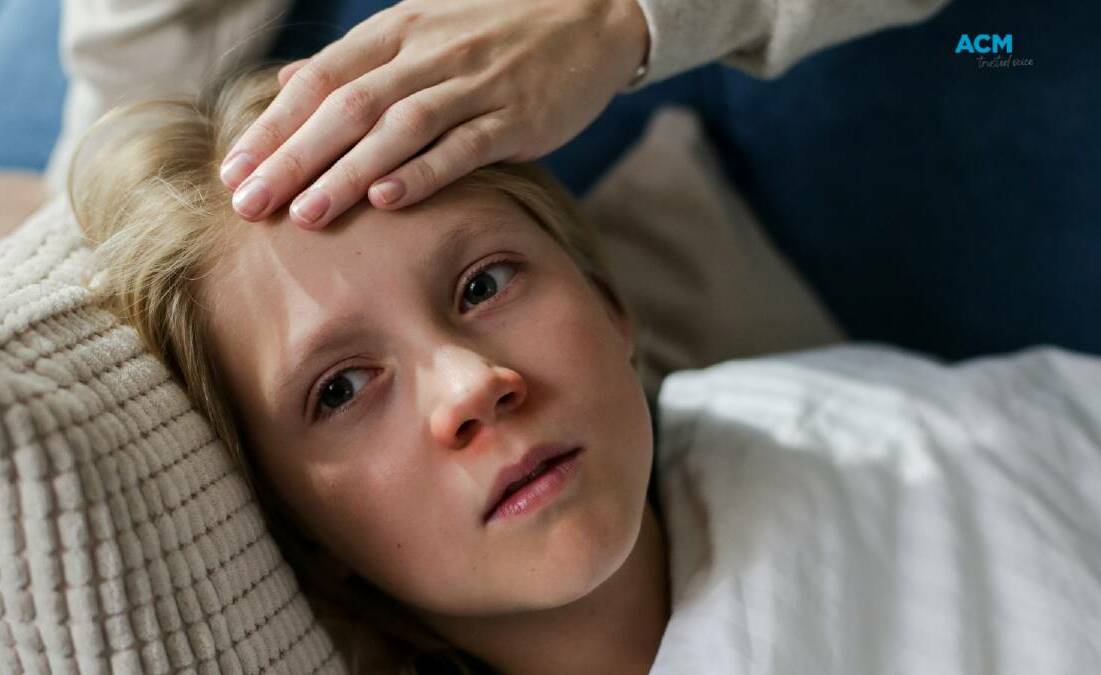
The Hunter New England district's childhood vaccination rate has fallen for the second consecutive year, reflecting a nationwide trend that immunisation experts are concerned about.
NSW Health data shows the percentage of fully vaccinated children in the district fell from 96.1 per cent in 2020 to 95.2 per cent in 2022.
However, this figure hit a low of 92.1 per cent in 2014.
The figures include vaccinations for diphtheria, tetanus, whooping cough, polio, hepatitis B, pneumococcal disease, meningococcal C, chicken pox and MMR [measles, mumps and rubella].
A National Centre for Immunisation Research and Surveillance [NCIRS] report, released on Thursday, showed "vaccination coverage in children has continued to decrease since the onset of the COVID-19 pandemic".
The report said this highlighted the need for "further targeted strategies to increase vaccine uptake and protect more Australians from vaccine preventable diseases".
Fully vaccinated children across Australia decreased from 92.1 per cent to 91 per cent from 2020 to 2022.
Associate Professor Frank Beard, an NCIRS associate director, said the report was the "first comprehensive stocktake of the ongoing impact of the pandemic on vaccination coverage in Australia".
"Importantly, it highlights a concerning downward trend in fully vaccinated coverage in children."
As well as the pandemic, a small rise in anti-vax sentiment and the shortage of bulk-billing GPs have been attributed to the fall.
The report said MMR vaccination coverage among two-year-old children was 95.1 per cent for the first dose and 92.7 per cent for the second dose.
Only 13.8 per cent of local government areas achieved the national immunisation coverage target of 95 per cent for the second dose of the MMR vaccine by age two.
An NCIRS fact sheet states that "numerous well-designed studies have disproven a previously suggested link between MMR vaccines, inflammatory bowel disease and autism".
A World Health Organisation report found millions of children missed MMR vaccinations during the pandemic.
This led to an 18 per cent rise in measles cases and a 43 per cent increase in measles-related deaths globally in 2022, compared to 2021.
Australian data showed no cases of measles in 2021, but seven and 24 cases in 2022 and 2023 respectively.
This was related to "large overseas outbreaks and increasing international travel".
Measles infection is highly transmissible and often severe. It has a greater risk of complications in adults and children under five.
On-time MMR vaccination for the first dose (12 months) and second dose (18 months) "significantly reduces the risk of children contracting the measles virus and spreading it to others".
"Younger children are generally more at risk of severe disease, and Aboriginal and Torres Strait Islander and socio-economically disadvantaged children even more so," A/Prof Beard said.
The report said missed or delayed vaccinations "remain a persistent issue in Australia".
"On-time vaccination is defined as receipt of the scheduled vaccination within 30 days of the recommended age."







